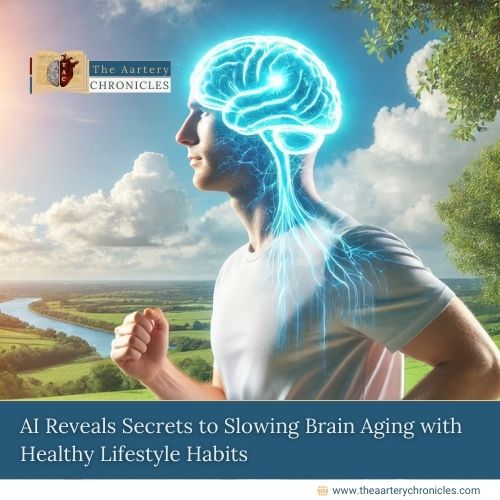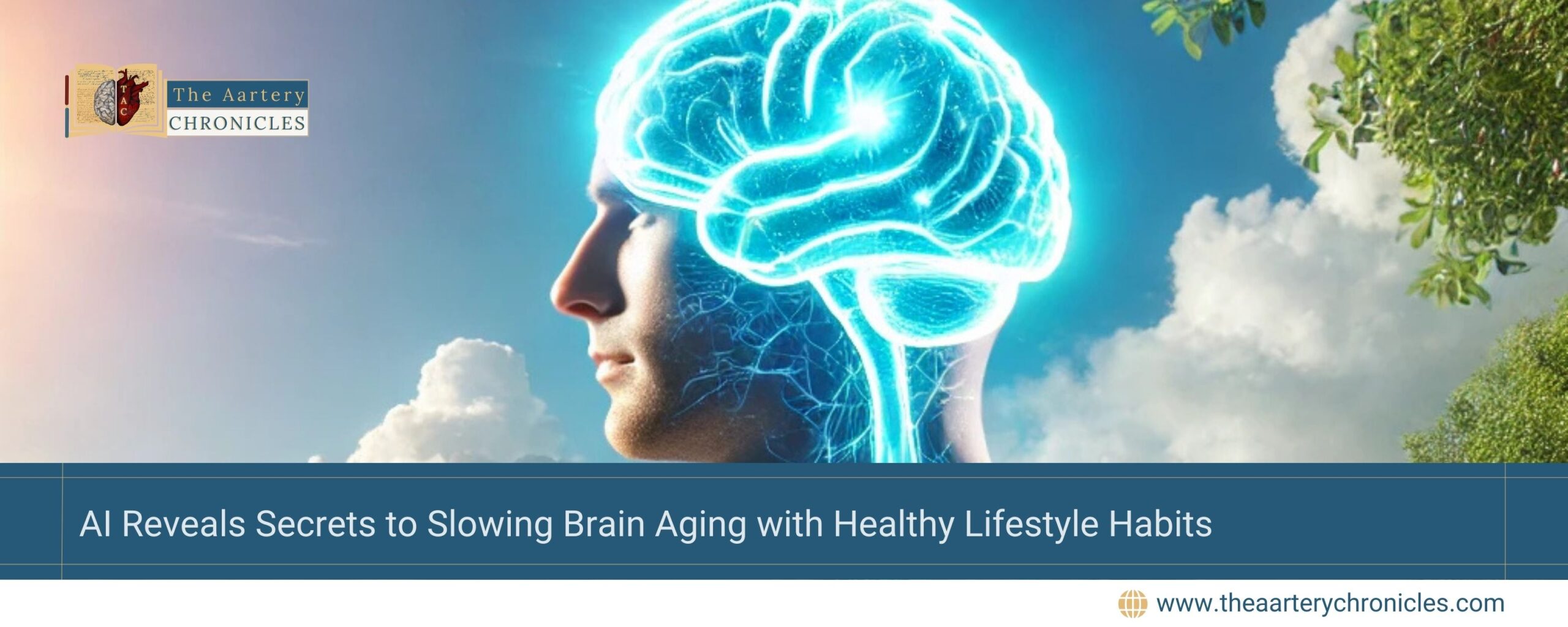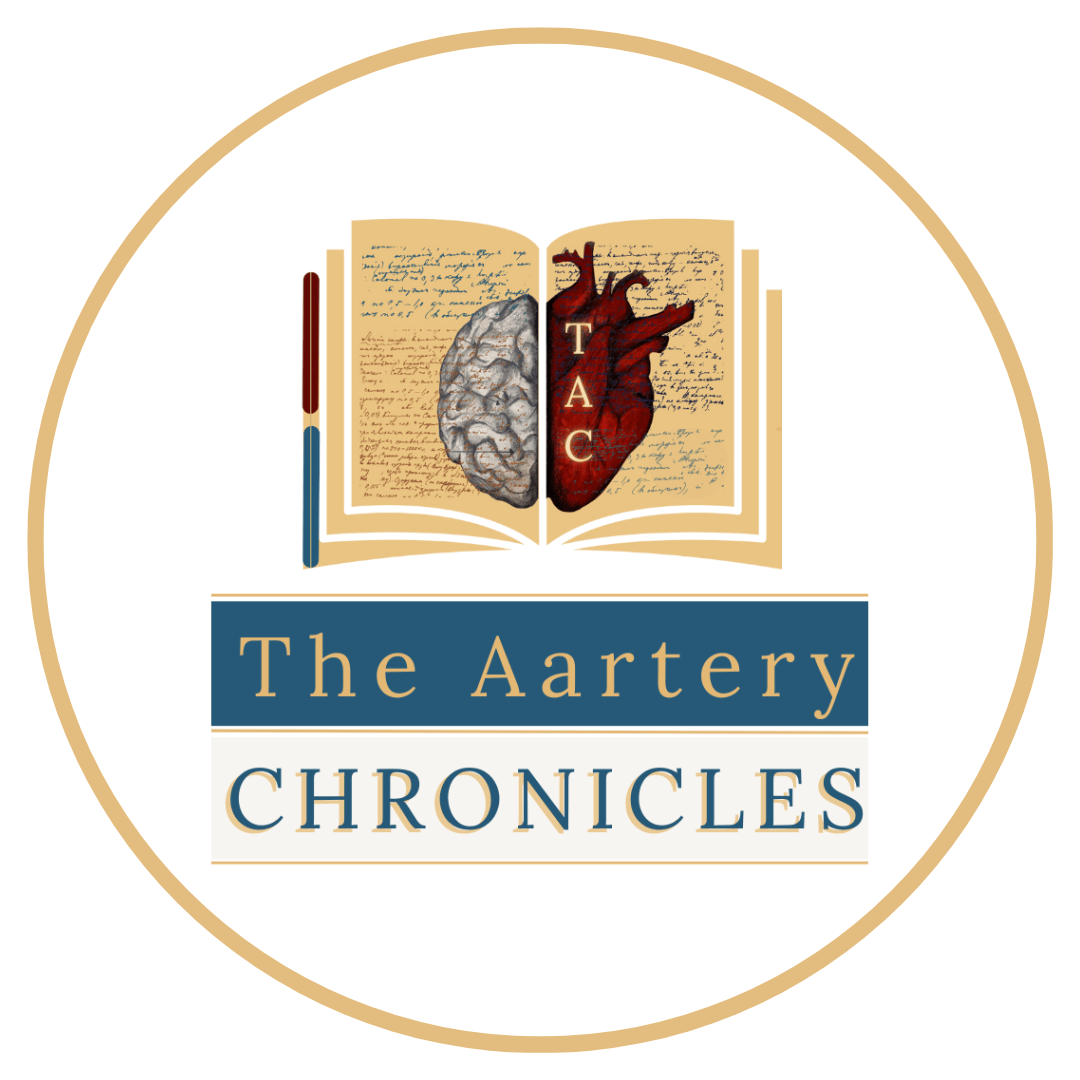

How AI is Helping Decode Brain Aging: Key Findings
AI reveals the Brain's Biological Age
Using cutting-edge AI technology, researchers at Karolinska Institutet analysed brain scans of 70-year-olds to estimate their biological brain age. The study revealed that factors which harm vascular health, contribute to an older-looking brain such as
- High glucose levels
- Inflammation
On the other hand, a healthy lifestyle, including regular exercise, was linked to a younger-looking brain. These findings, published in Alzheimer’s & Dementia: The Journal of the Alzheimer’s Association, shed light on how lifestyle and health choices impact brain ageing
The Growing Concern of Dementia
Each year, over 20,000 people in Sweden develop dementia, with Alzheimer’s disease accounting for nearly two-thirds of these cases. While new Alzheimer’s drugs offer hope, they aren’t effective for everyone. Researchers are now focused on enhancing the brain’s resilience against ageing and disease.
Did you know that over 55 million people worldwide are living with dementia?
Alzheimer’s disease is the most common form, accounting for 60–70% of cases. Globally, dementia ranks as the seventh leading cause of death and is a significant contributor to disability and dependency among older adults. – World Health Organization
AI-Powered Brain Age Analysis
The study included 739 cognitively healthy 70-year-olds, 389 women, from Gothenburg’s H70 cohort.
Methodology:
- Researchers used MRI scans and an AI-based algorithm to estimate the participants’ brain age.
“The algorithm is accurate, robust, and easy to use,” says Professor Eric Westman, the study’s principal investigator.
While it’s currently a research tool, the goal is to integrate it into clinical use for dementia investigations.
- Blood samples measuring lipids, glucose, and inflammation complemented the MRI scans.
- Cognitive testing and lifestyle data, such as exercise habits and medical history, were also analysed.
What Makes a Brain Look Older?
The AI estimated the participants’ average brain age to be 71 years. By subtracting this estimated biological brain age from their actual chronological age, researchers calculated the “brain age gap.”
Key findings include:
- Older-Looking Brains: It was observed in the study that older-looking brains were associated with conditions such as
- Younger-Looking Brains: A healthy lifestyle, particularly regular exercise, is correlated with younger-looking brains.
“These results highlight the importance of maintaining vascular health to protect the brain,” says lead author Anna Marseglia.
Keeping blood glucose levels stable is one way to ensure brain health.
Exploring Gender Differences in Brain Ageing
The study also noted differences in how men and women build resilience against brain ageing. This could involve biological factors, such as
- Hormones
- Sociocultural influences
To investigate further, the researchers plan to launch a study focusing on social health factors like
- Engagement
- Connectedness
- Support
The study will also explore how sleep and stress impact brain resilience, with a particular emphasis on women’s health.
A Step Toward Understanding Brain Resilience
The findings underline the importance of vascular health and lifestyle choices in slowing brain ageing. As the researchers delve deeper into sex differences and social health factors, they aim to reveal more ways to build resilience against dementia and cognitive decline
This groundbreaking research was supported by several organisations, including the Swedish Research Council, the Swedish Brain Foundation, and the Alzheimer’s Foundation.
Key Takeaway
Keep your blood vessels healthy to protect your brain. Regular exercise, stable glucose levels, and proactive health management can help maintain a younger, healthier brain.
Frequently Asked Questions (FAQ)
Q 1: What is the “brain age gap”?
A: It’s the difference between your biological brain age (estimated using AI) and your actual chronological age.
Q 2: How does exercise impact brain health?
A: Regular exercise is linked to a younger-looking brain by promoting vascular health and reducing inflammation.
Q 3: Can AI be used clinically for brain ageing analysis?
A: While still in research, the AI algorithm has the potential for clinical use in dementia investigations in the future.
Source: Inputs from various media Sources

Dane
I am an MBBS graduate and a dedicated medical writer with a strong passion for deep research and psychology. I enjoy breaking down complex medical topics into engaging, easy-to-understand content, aiming to educate and inspire readers by exploring the fascinating connection between health, science, and the human mind.








